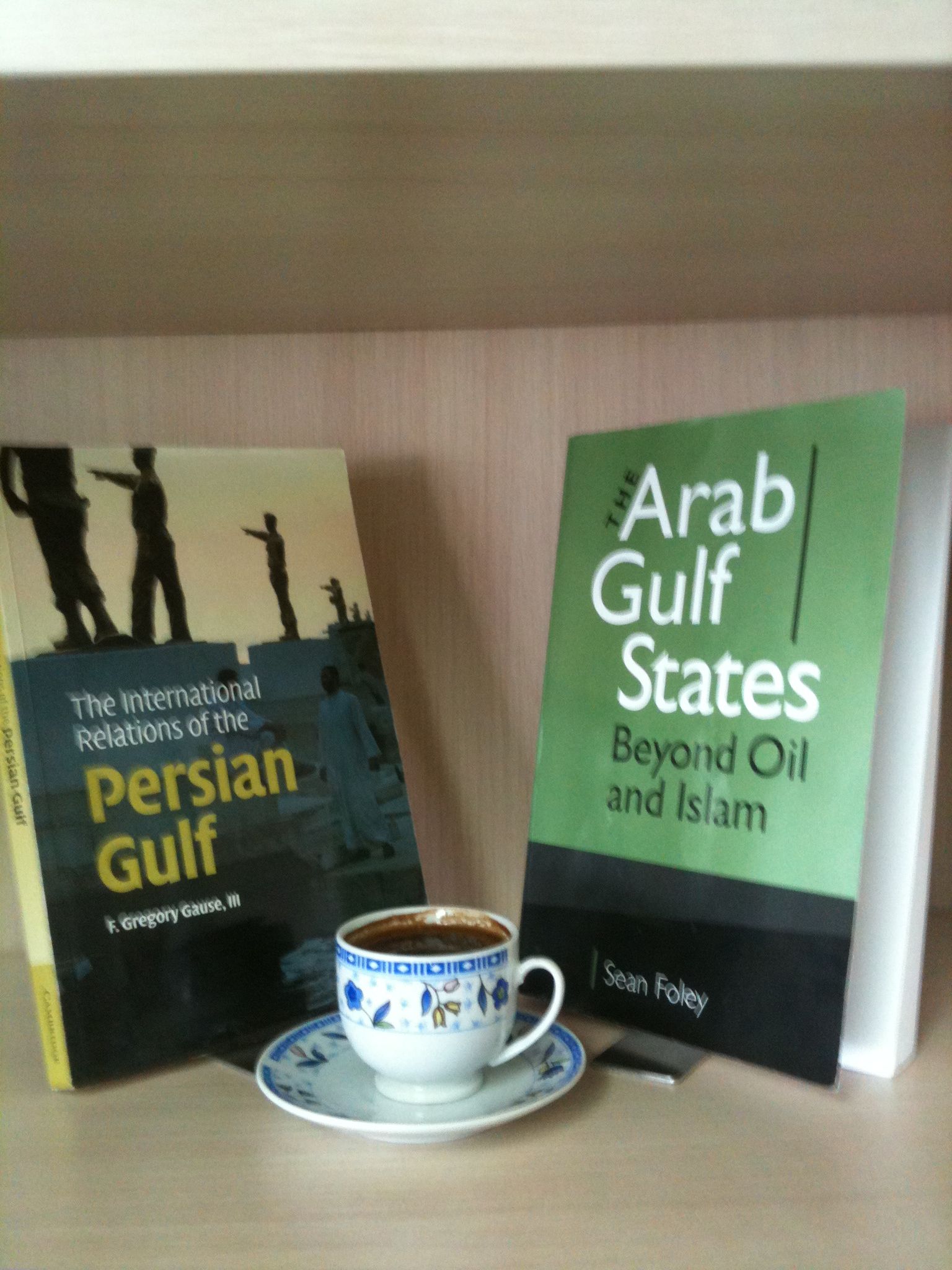
The End of the Arab Spring
In December 2010, a revolutionary spark in Tunisia initiated what is now referred to as the Arab Spring. Since then, many countries across the broader Middle East have been swept up in uprisings that have led to fundamental shifts in Tunisia, Egypt, Libya, and Yemen. The same drive for change has also led to minor changes in Jordan, Morocco, and elsewhere.
These events have drawn the attention of many regional and international observers, experts, and scholars. In many circles, there was a widespread optimism with respect to the nature and course of the Arab Spring, and some observers held to the domino theory, that is, if one revolution took hold, others would follow. Indeed, these expectations and interpretations have been proven true to some degree. First, the contemporary Arab uprisings were able to put an end to dictators and quasi-dictators in Tunisia, Egypt, Libya, and Yemen, such that the deposed presidents and parts of their cliques were arrested (e.g., Egypt), accused of state crimes and corruption (e.g., Tunisia), or caught and murdered (Libya). Second, these events put these countries on a path toward political transformation. In this way, we have seen in the major Spring-nations the establishment of new political parties and elections. Due to the modification of whole regimes, these states have completed successful transitions; a significant first step toward democratization.

Field Research in the Middle East
Year after year, students opt to enroll in programs focusing on the Middle East, and some of those students may also decide to visit the region for research—to gather accurate data, to conduct interviews, or to look for primary sources. Research on Middle Eastern issues has been conducted extensively since the beginning of this century. The 9/11 attacks sparked renewed interest in the Middle East, resulting in a series of research projects on topics such as security, religion, democracy, and development-related topics in this region. The on-going Arab uprisings and widespread turmoil in the Middle East have given these historical events a new intensity. Therefore, it is likely that the Middle East will continue to occupy a focal point of …

Reflections on the Gulf Studies
The Arab Gulf region is of great geopolitical importance owing to its oil and natural gas deposits. Ironically, the history and international relations of the region had, for several reasons, been quite neglected by the academic arena for decades. First and foremost, where political studies are concerned, this neglect had been linked with the development of the discipline itself and its debate in and toward non-Western states and societies specifically (see, e.g., Anderson 1987:1; Green 1993:517–518). Second, up until the late 1980s, studies on the Gulf region had been closely associated either with an examination of the Islamist role or with the Arab–Israeli conflict. Third, many orientalists and policy makers were more interested in examining the region to pursue their …

Anis Sayegh: The autobiography of a Palestinian Intellectual
In recent years we have seen the publication of a series of Palestinian life stories including, among others, the ‘Incomplete Autobiography’ of Yusif Sayigh (2009) and the autobiography of Shafiq al-Hout (2007). The subject of this review is also found within this series; the autobiography of Anis Sayegh, entitled Anis Sayegh ‘n Anis Sayegh, which was released in Beirut by Riad El Rayyes in 2006. The autobiography of Anis Sayegh describes his life from early childhood in the 1930s to the early 2000s. It consists of nine chapters. In the first chapter we learn that Anis Sayegh was born in November 1931 in Tiberias, the youngest of seven children in a traditional Protestant Christian extended family. His father originally came …










